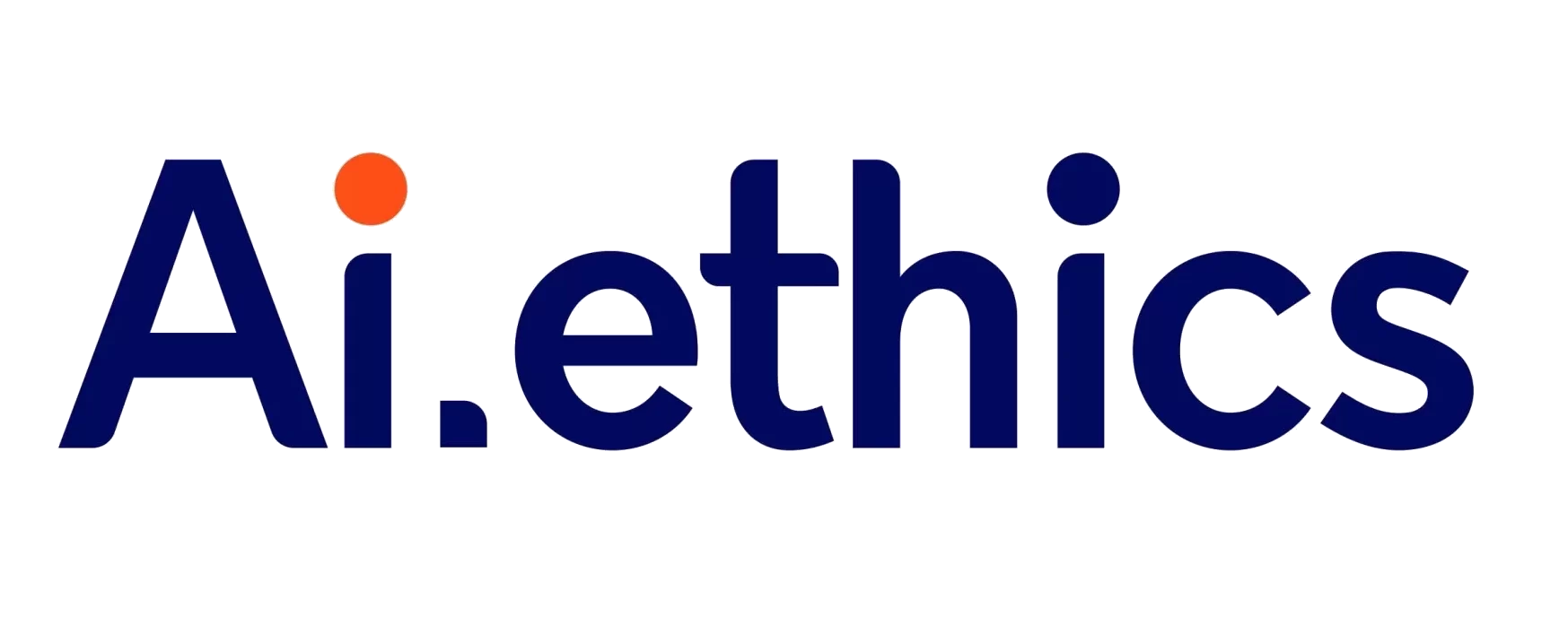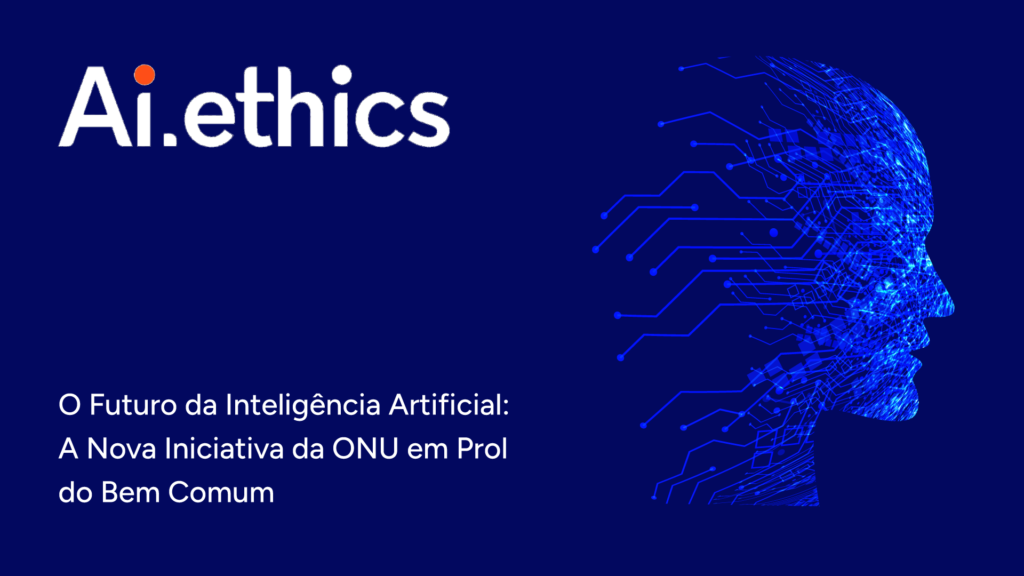Revealing the Future of Artificial Intelligence: The New UN Initiative for the Common Good
On a global scale, experts with extensive experience in governments, the private sector, technology, civil society, and academia have been summoned to support the efforts of the United Nations in ensuring that Artificial Intelligence (AI) is used for the benefit of humanity. Under the leadership of Secretary-General António Guterres, the AI Advisory Board was launched, an initiative aimed at shaping the future of AI for the common good.
Exploring the Challenges and Opportunities of AI
The AI Advisory Board, composed of 39 experts from various parts of the world, stands out for gender equality, geographical diversity, and multi-generational representation. These experts have the mission to analyze the risks, opportunities, and international governance related to these technologies. Secretary-General Guterres noted the extraordinary advancement in the capabilities and applications of AI, including chatbots, voice cloning, image generators, and video applications. Emphasizing the transformative potential of AI for good, he underscored the urgency in addressing this issue, especially as countries face the impacts of climate change, and progress toward sustainable development slows.
AI as a Driver of Sustainable Development Goals
Guterres believes that Artificial Intelligence can amplify and enhance the work of governments, civil society, and the United Nations. It can be crucial in predicting and resolving crises, as well as in implementing public health and education services. For developing countries, AI offers the opportunity to overcome outdated technologies, bringing services directly to those who need them the most. However, this vision depends on responsibility in the use of AI and its universal accessibility. Currently, AI knowledge is concentrated in a few companies and countries, which can deepen global inequalities and create increasingly larger digital divides.
Challenges and Risks of AI
AI brings potential risks, including the rapid spread of misinformation and discrimination, invasion of privacy, fraud, and violations of human rights. The malicious use of AI can undermine trust in institutions, weaken social cohesion, and threaten democracy. The Secretary-General shared a surprising experience with a video application, where he saw himself speaking fluently in Chinese, even though he did not master the language. This illustrates the incredible possibilities and potential dangers of AI.
Moving Toward Effective Governance of Artificial Intelligence
The UN recognizes the need for effective governance of AI. The AI Advisory Board is the first step in this direction. The initiative aims to provide recommendations on the international governance of AI, a shared understanding of risks and challenges, as well as key opportunities to leverage AI for Sustainable Development Goals (SDGs). These recommendations will be crucial for the preparation of the Future Summit next September, which aims to reaffirm the commitment to sustainable development. They will also contribute to negotiations around the proposed Global Digital Pact, which aims to ensure that everyone benefits from the new technological era.
Facing Emerging Challenges
Amandeep Singh Gill, the Secretary-General’s Envoy for Technology, highlighted the role of experts in dealing with misinformation and the spread of false information, as global governance efforts struggle to keep up with the advancement of AI. He emphasized that members of the AI Advisory Board gather the latest information on how technology impacts societies, economies, and policies. It is urgent to narrow the gap between technological advancement and government response. This is expected to be only the first step toward effective governance of AI, with the possibility of incorporating these recommendations into a long-term sustainable perspective, avoiding being caught off guard by rapid technological development. The UN’s AI Advisory Board Initiative is a significant step in seeking responsible guidelines and practices in the field of Artificial Intelligence. As AI shapes our world, its ethical governance becomes a priority for the common good of humanity. The future of AI is being shaped, and the UN is at the forefront of this process, with Ai. Ethics keeping an eye on the news, ensuring that this technological revolution benefits everyone. More information in the original news article: https://news.un.org/en/story/2023/10/1142867

